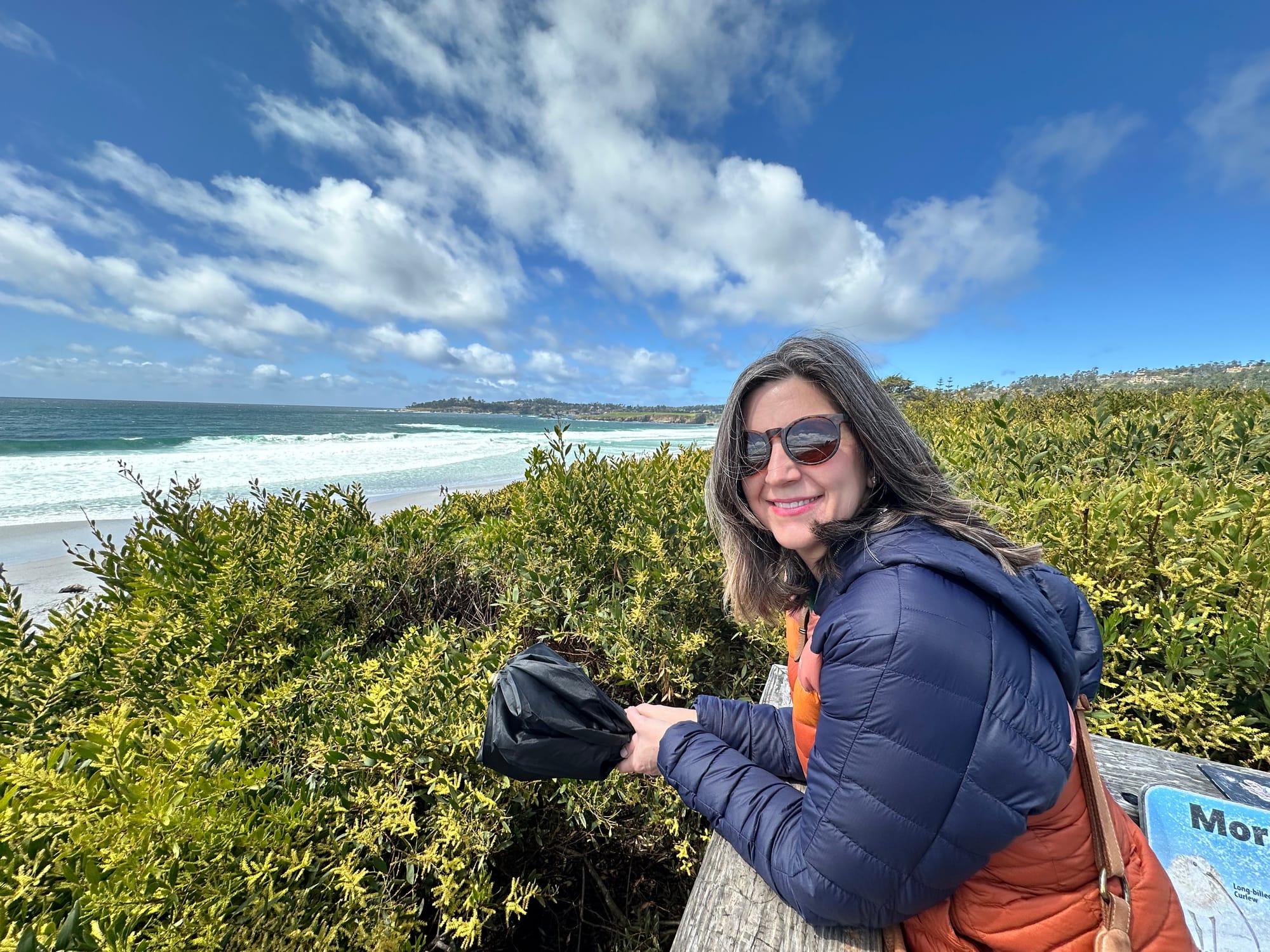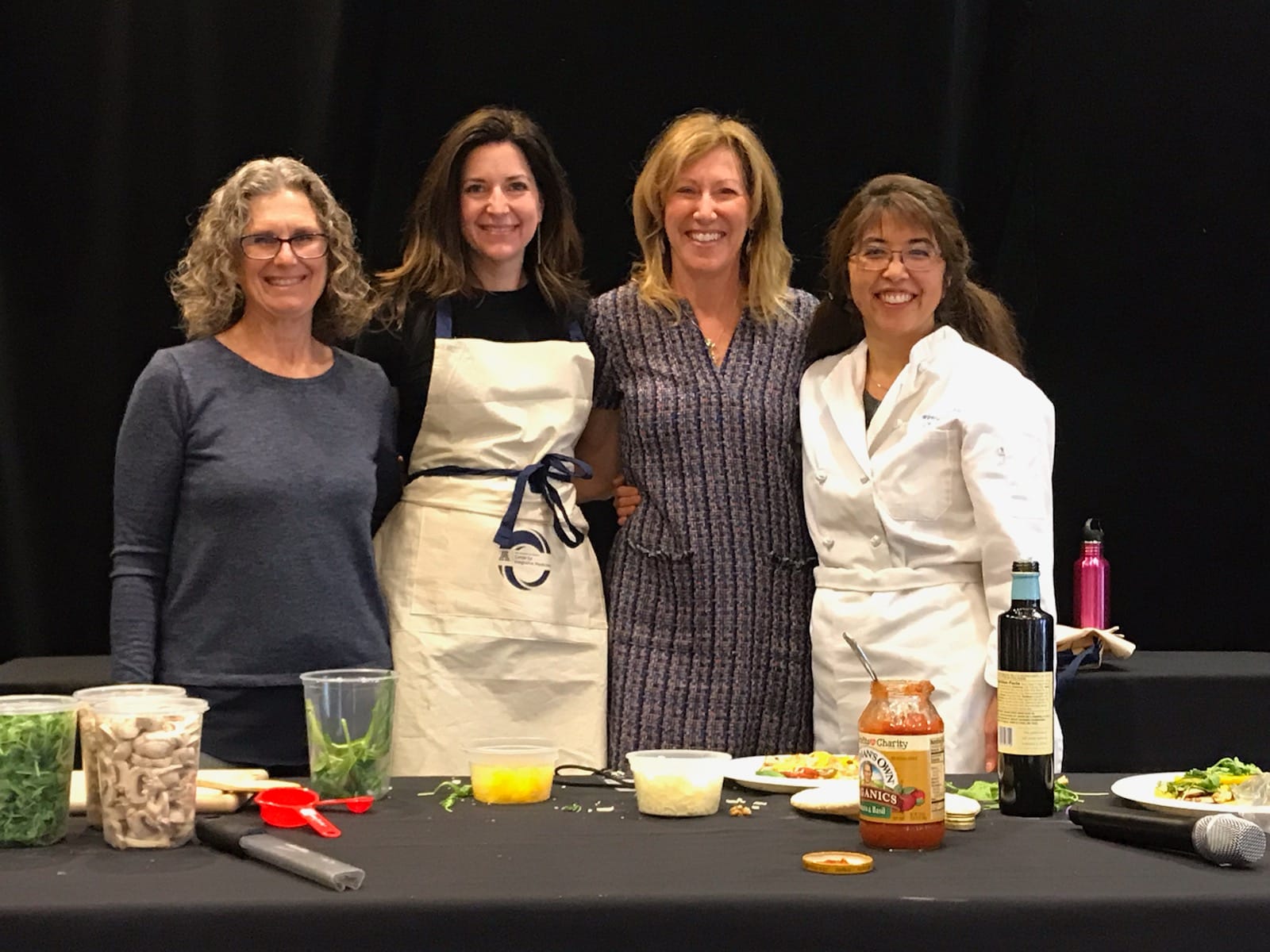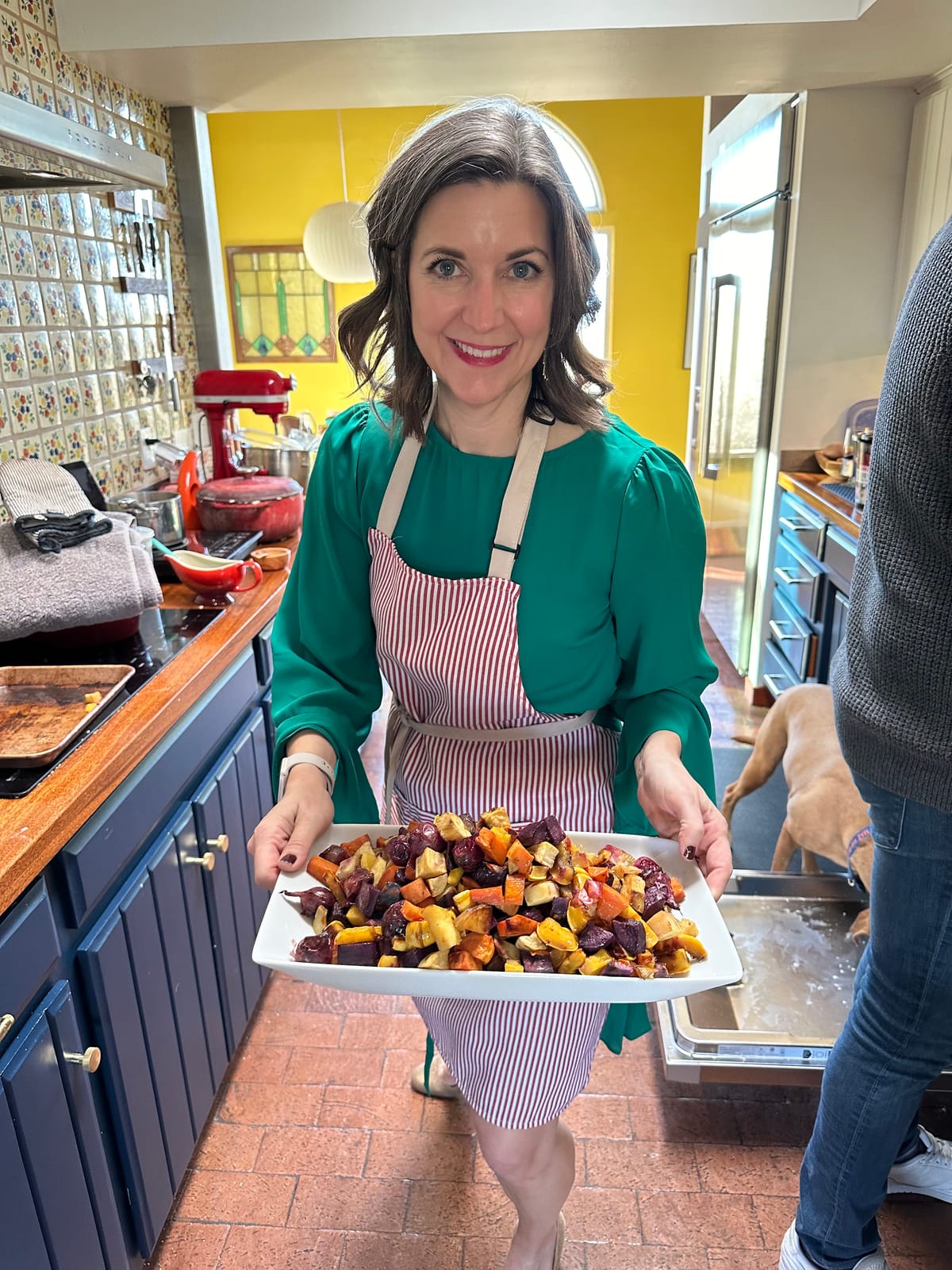MARI RICKER, MD is a professor of Family and Community Medicine) at the University of Arizona College of Medicine Tucson, Department of Family and Community Medicine, and the Director of Integrative Medicine in Residency at the Andrew Weil Center for Integrative Medicine. She is a family physician who continues to care for patients alongside her teaching duties, utilizing the integrative therapies she shares with future generations of medical doctors. How beautiful is that?
It was such an honor to interview her and hear her story. I especially enjoyed learning the ways she continues to find inspiration and joy in her work, and the advice she had to share with aspiring generalist healers. Should you have more questions about integrative medicine, check out the Andrew Weil Center for Integrative Medicine website and their podcast, Body of Wonder (I'm a regular - it's excellent!).
You can connect with Dr. Ricker on X @rickermD and Instagram (@drmariricker).
What additional trainings did you seek in your career, beyond what's usually included in family medicine residency?
I completed the Fellowship with the Andrew Weil Center. I started while I was still a resident and finished the year after (it's a total of 2 years). Although I did not take the ABOIM Boards for a long time, because initially there wasn’t a board exam for this! Around 2016 I sat for the boards, because I wanted the recognition for my work and I supported the idea of standardization across integrative medicine through this exam.
I've also completed training in auricular acupuncture, and an eight day course in Mindfulness Based Stress Reduction for clinicians.

What was the most useful training, and why?
Definitely the Fellowship in Integrative Medicine. It wasn’t just an add on - it really changed my career and my approach to healthcare in general. It is so all-encompassing. We talk so frequently about the biopsychosocial model and being patient centered in family medicine - but the integrative approach really resonated with me in looking at the patient holistically. And this training wasn't just helpful for patient care, but also affected my career and my ability to care for Self.
One activity we did in the Fellowship was writing letters to patients who we had cared for and still carried unresolved grief or loss or in some we had let down. A colleague shared a story of a patient he had cared for in residency, 25 years ago, that was so traumatic for him. I remember realizing that even though all these years had passed, he was still processing that trauma. I thought to myself, “I don’t want to find myself in a position where I am still carrying experiences for decades, I want to have space in my work and life to be able to process the things that happen."

How do you define and differentiate between the various types of wholistic, preventative medicine?
Integrative Medicine and functional medicine both seek to look for the root cause of illness, asking these kinds of questions: What is underneath [the symptom, disease]? What is going on in your health, and when did it start? What are the antecedents, the precipitants, the environmental factors?
... ultimately, when comparing these approaches, all our purposes are the same - we’re all trying to make our communities healthier.

Something I want to emphasize is that integrative medicine NOT an alternative to conventional medicine, and integrative medicine is a big umbrella! Not all Complementary & Alternative medicines are included in Integrative Medicine. There is a big overlap between integrative/lifestyle/functional medicine, but some of functional aspects are outside of integrative, such some specific testing and algorithm-based care utilizing biochemical pathways which are not always based on clinical outcomes). But, there are many recommendations in functional medicine around diet, lifestyle that overlap with Lifestyle Medicine.

Additionally, EVERYTHING in lifestyle medicine is included and fully embraced in integrative medicine. A big difference between LM and IM is that Lifestyle does not include botanicals, supplements, and many aspects of mind-body medicine.
But ultimately, when comparing these approaches, all our purposes are the same - we’re all trying to make our communities healthier.
Can you tell me more about your practice? How is the care you provide informed by your training in integrative medicine?
I practice integrative family medicine. Every patient I see gets an integrative approach regardless of what they’re coming to me for. I don’t do consults. Many integrative/lifestyle/functional practitioners see patients for consultations; they do a deep dive and a full history and physical and often testing and then make recommendations. This can be helpful for patients without access to IM care and want a thorough and holistic perspective. It hasn’t resonated with me personally because it isn’t always available to patients who are under-resourced or lack traditional insurance. I believe that integrative approaches can easily be woven into family medicine.
For example, on a given day, I see a two year old follow-up with gastroenteritis. We talk about nutrition, behavioral and mind-body approaches because he also has autism. Another example from my practice is a recent patient with anxiety. We opted to increase her dose of SSRI but I also provided L-theanine in the meantime to support her while we wait the roughly six weeks needed for the dose to kick in. All of these are skills and tools I learned from my fellowship, woven into an integrative approach to care for my patients. My most commonly used tools are mind-body medicine, nutrition, supplements, and other botanicals.
Something else I feel I learned from my fellowship is the importance of listening. I don't think this is something we generally do well in medicine. Now, I use an AI ambient scribe and set my computer down. I don't think this is a great approach for brand new interns or people who aren't very familiar and used to writing notes, because it's good to practice telling the story through typing, but at this point in my practice, it allows me to be fully present with the patient during the visit.
What advice do you have for aspiring generalist healers who want to emulate your example and your practice?
Find mentors whose philosophy of care and health aligns with yours. Once you find them, stay with them. One of my mentors is now in Santa Rosa, but I’m still with her 20 years later despite the distance. These mentors will connect you to the other people you need to meet on your journey. They might not all be medicine or practice focused, either. Find mentors who are moms, women, and leaders — and not just in healthcare! I believe we need more leaders who are vulnerable and authentic in integrative medicine.
Dr. Ricker's mentors:
- Wendy Kohatsu, MD
- Victoria Maizes, MD
- Patricia Lebensohn, MD

Find mentors whose philosophy of care and health aligns with yours. I believe we need more leaders who are vulnerable and authentic in integrative medicine.
Author's note:
Dear reader, are you a resident or faculty interested in bringing IMR (Integrative Medicine in Residency, through the Andrew Weil Center for Integrative Medicine) to your program? You can do this here and now, or in the next academic year! All you need is a faculty to support you; it’s $1k per resident. The first 85 hrs of training are required for the certificate, and another 85 hrs are optional for those who wish to take a deeper dive. Check out this page for more info.

